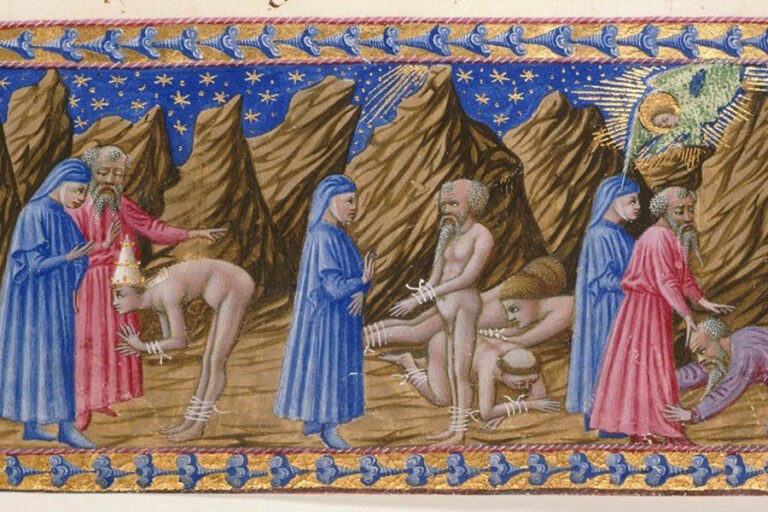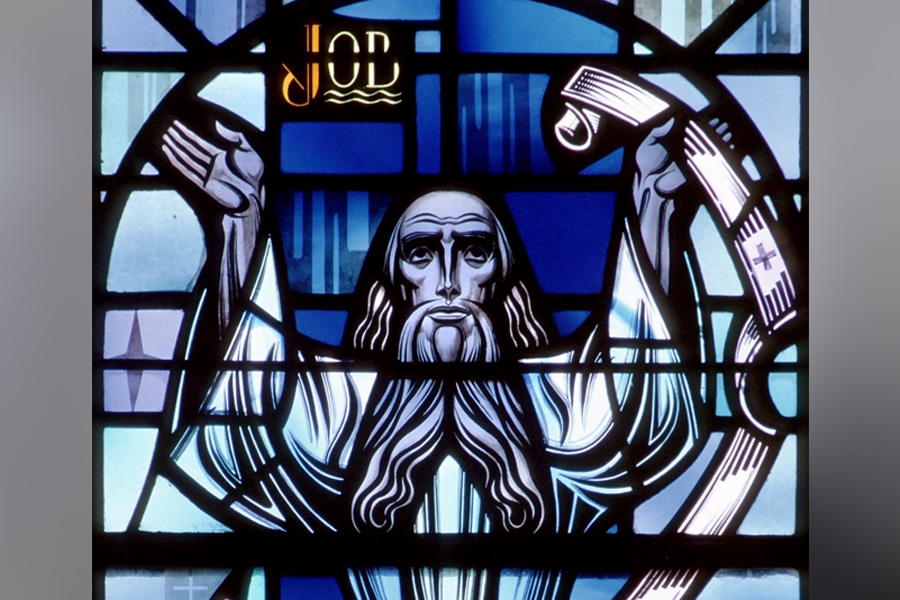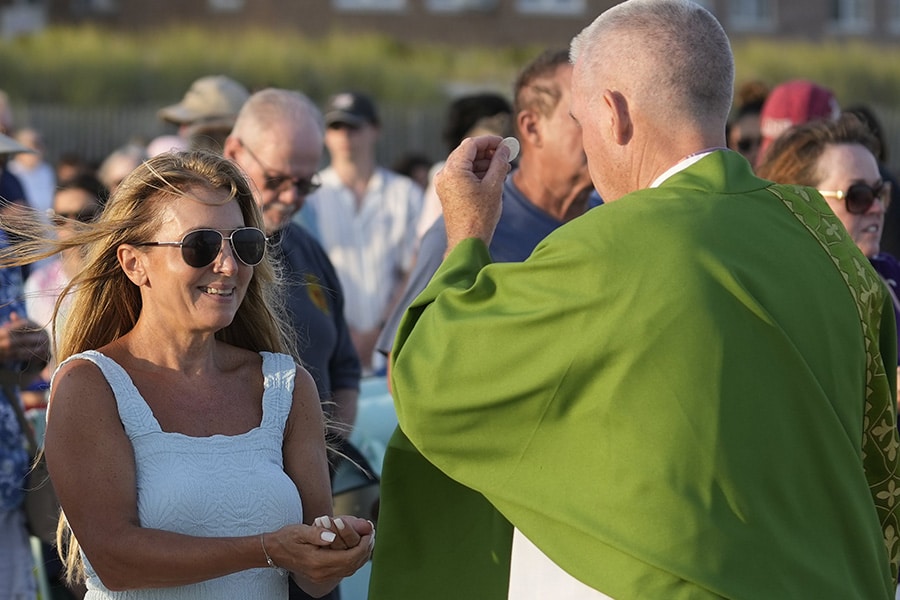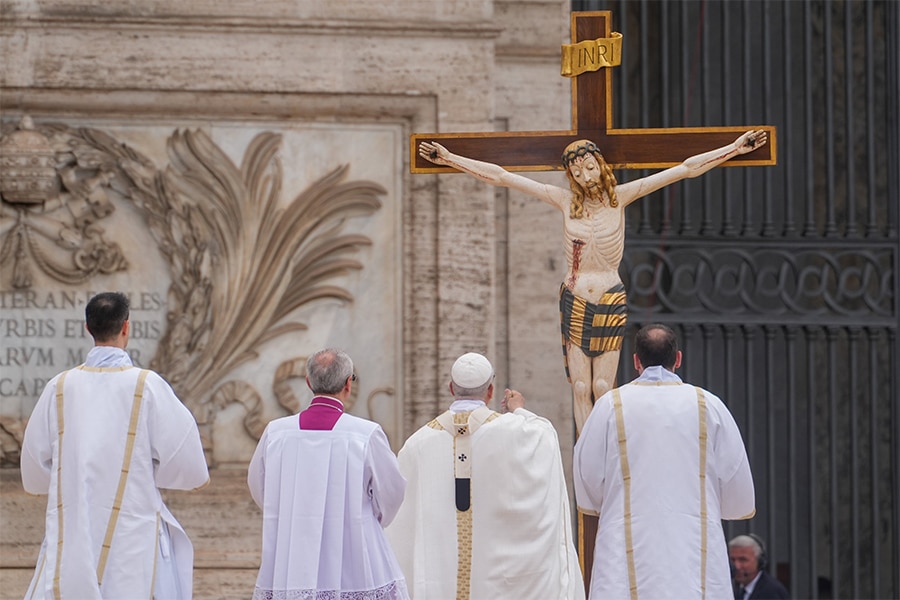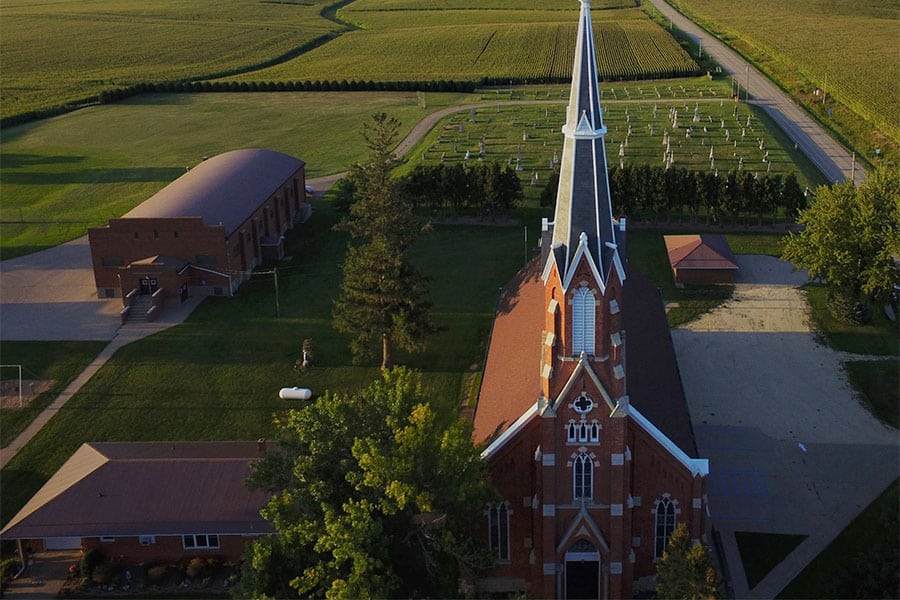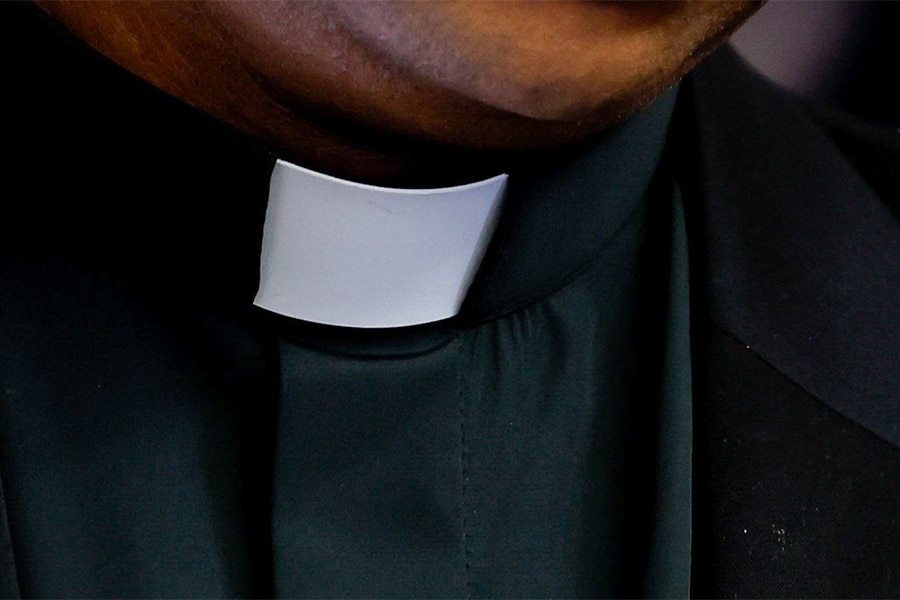Q. As I understand purgatory, it is a place where a cleansing is done, even if we have received the sacrament of anointing of the sick and/or made a good confession and had our sins absolved before death.
My question is this: On the day Jesus was crucified, he told the good thief, “Today you will be with me in paradise”; so are we to assume that no cleansing in purgatory was required for him? And if that’s the case, why not? (Philadelphia)
A. Your understanding of purgatory is correct. It has been a clear and consistent belief of the church, as stated in the Catechism of the Catholic Church, “All who die in God’s grace and friendship, but still imperfectly purified, are indeed assured of their eternal salvation; but after death they undergo purification, so as to achieve the holiness necessary to enter the joy of heaven” (No. 1030).
What we don’t know, of course, is just what this transitional state consists of. How long it lasts, whether it might even be instantaneous and what it feels like are questions beyond our reckoning so long as we are still on this side of eternity.
What needs to be factored in, too — and some might be unaware of this — is a prayer called the “Apostolic Pardon.” This prayer of blessing is customarily administered by a priest when someone is close to death and follows the anointing of the sick and, if possible, the sacraments of penance and the Eucharist as viaticum, bread for the journey.
In this prayer, the priest says, “Through the holy mysteries of our redemption, may almighty God release you from all punishments in this life and in the life to come. May he open to you the gates of paradise and welcome you to everlasting joy.”
And even if a priest is unavailable, the church provides in the Handbook of Indulgences that a dying person who is rightly disposed and has prayed regularly during life may be granted this same plenary indulgence (No. 28).
So to me, it’s quite reasonable that Jesus could have absolved the repentant thief of both sin and of punishment. If a priest can do it, why not Christ?
Q. We just learned that a close family member will be getting married next year during Lent. We, of course, are excited about the couple’s pending nuptials, but we thought that the church frowned upon weddings during Lent.
Since they are getting married in another Midwestern state, it seems that the local church there must permit the practice. Does each diocese make its own decision on this issue? (Indianapolis)
A. I have heard that there are parishes or even dioceses that discourage the celebration of marriages during Lent, but there is actually no universal rule of the church that would ban them.
I would even argue that it would be a violation of canon law to rule out Lenten weddings altogether based on Canon 843, Paragraph 1, which states that Catholics cannot be denied the sacraments if they ask for them and are properly disposed, and Canon 18, which indicates that the rights of the faithful cannot be limited unless the law clearly permits it.
In 1988, the Vatican’s Congregation for Divine Worship and the Sacraments did rule that weddings may not take place on Good Friday or Holy Saturday, but those are the only days so indicated.
Liturgical guidelines of the church do indicate, though, that if weddings are held during Lent both music and church decorations should be less lavish, in keeping with the penitential nature of the season.
Questions may be sent to Father Kenneth Doyle at askfatherdoyle@gmail.com and 40 Hopewell St., Albany, N.Y. 12208.
Read More Question Corner
Copyright © 2022 Catholic News Service/U.S. Conference of Catholic Bishops

